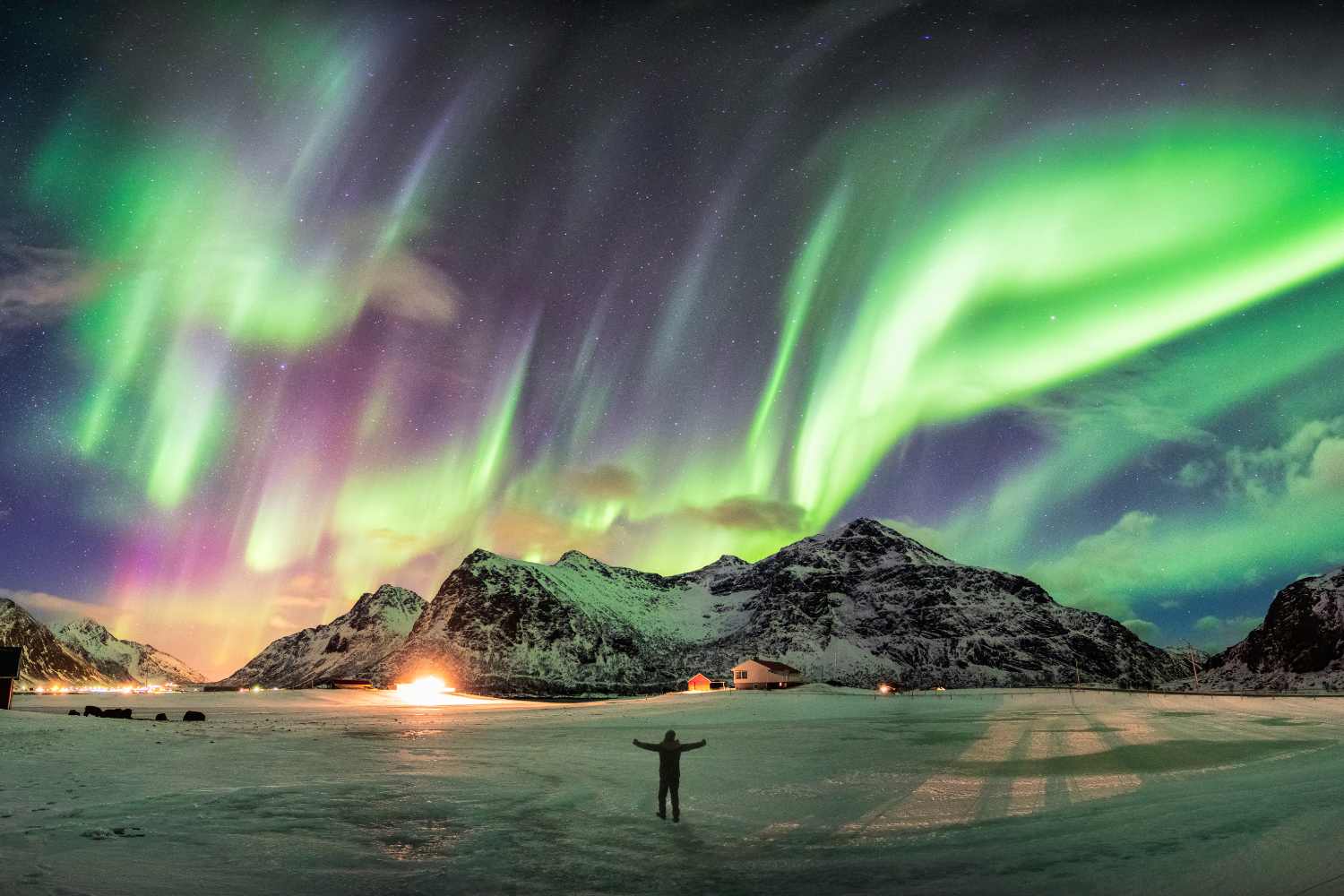"Nocturism" marks a new frontier in tourism: from the allure of the Northern Lights to star bathing, here's why 2025 will be the year of travel under the night skies.

The night has forever had an irresistible charm, but by 2025, it might be the primary purpose of travel. “Noctourism”—a form of tourism dedicated to developing experiences beneath the starry night sky—is shaping up to be one of the biggest worldwide travel trends. It is essentially about being awed by the Northern Lights’ beauty, getting lost in the darkness of the deserts, and, on a grander scale, rediscovering the world in a different light when day gives way to night.
A new way of traveling
Traveling at night is hardly a new phenomenon, but this quest for darker skies and dramatic landscapes is increasingly catching up. More and more, people are willing to pay premium rates to observe strange phenomena like “star baths” or to follow an eclipse’s path. Why the fascination? The night offers a unique atmosphere, a sense of peace away from the day’s mayhem, that modern travelers are learning to appreciate more and more.
Noctourism will grow, not only for the beauty of it but also as a practical response to the changing world, according to a report from booking.com. The attraction of avoiding daytime heat and the awareness of climate change are also playing an important role. A telling statistic: more than half of travelers would be willing to plan activities during off-peak times to avoid daytime heat and reduce exposure to the sun.
The northern lights and other nighttime activities
Who wouldn’t want to see the Northern Lights? Tromsø in Norway is experiencing a tourist boom, with booking increases and new airline routes specially created to take visitors up to the Arctic skies. Norway is not alone in its new popularity, however. Deserts with large skies and remote coastlines, where the sea seems to glimmer under moonlight, for example, are other places attracting more and more noctourists.
This type of tourism is not limited to the visual domain alone. “Star baths,” for example, combine skygazing with relaxation in unique natural settings, and stellar guides and rare celestial events, like eclipses and meteor showers, are becoming valid excuses to travel.
A sustainable approach to the night
Another attractive point of noctourism is also its environmental side. More and more, travelers choose to visit places where the sky is free from light pollution, thus contributing to the preservation of unspoiled natural environments. These travelers are increasingly aware of their impact on the world and consider the night as a moment when they can reconnect with nature and promote sustainable tourism approaches.
The natural aspect, while fundamental, is incidental to the desire to return to oneself, away from the manic pace of daytime life. It is almost therapeutic to plan a night getaway—slowing down and paying attention to what gets overlooked in the course of things.
A trend driven by emotions
What is it about noctourism that’s so captivating is not just the places, but the sensation it provides. There’s something deeply intimate about gazing up at a starry sky or witnessing a rare celestial event. It’s as though the night invites us to turn inward and tap into something greater than ourselves.
According to the booking.com report, statistics show that 62% of travelers are searching for destinations where the darkness takes precedence, and 72% wish to have moments of contemplation under the stars. These statistics confirm that noctourism is not a passing trend but a trend destined to last and grow exponentially.
The future of night tourism
Looking towards 2025, it’s clear that noctourism is no longer a niche form of travel. Industry operators are investing in infrastructure and advertising to meet the growing demand: from transparent domes in national parks to tailored tours in the polar regions, the products are multiplying to impress an increasingly discerning clientele.
At last, noctourism is a kind of glorification of the night in every sense, an invitation to discover the world with a different eye, letting oneself be amazed at the wonders of the darkness. And who knows, perhaps it’s in the stillness of the night that we will be able to find the answers to our deepest and most hidden questions.
